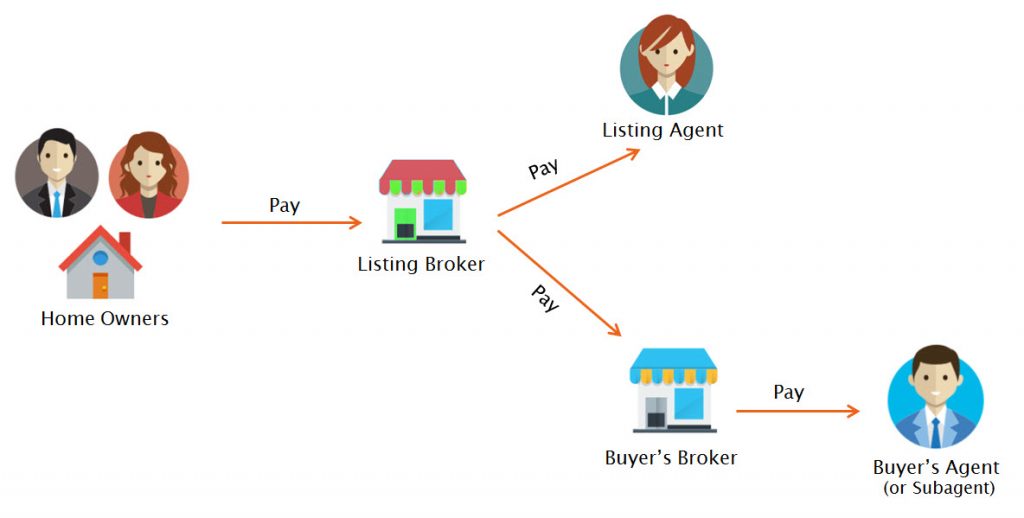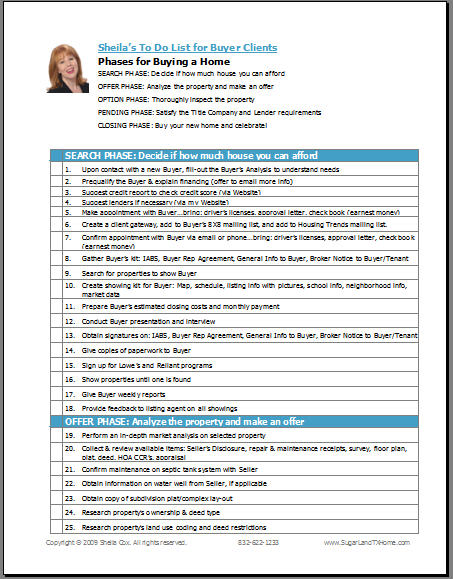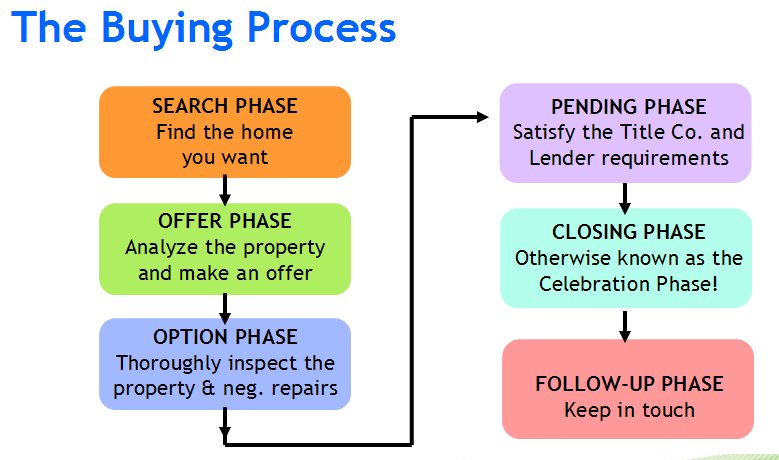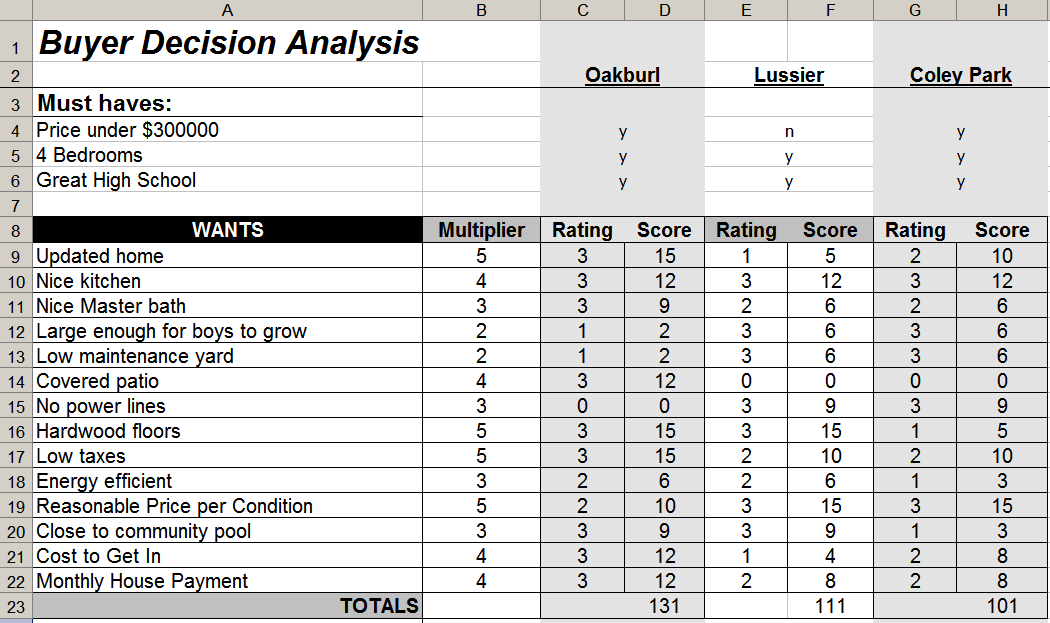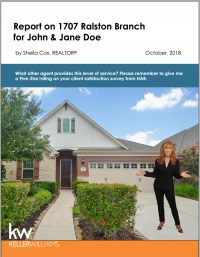Pricing a home is more complicated than simply comparing the list price to the sales price. Clients often ask me how much they should pay for a home, and I tell them, “It depends on how much it’s worth!” For example, if a house is listed at $450,000 and you get it at $400,000 that may seem like a good deal…but not if the market data says it’s only worth $350,000. (I’m using large numbers here to make the point.) Similarly, if a house is listed at $450,000 and you get it for $450,000, but the market data says it’s actually worth $500,000…then you got a good deal, even though you paid “full price.” See what I mean?
By the way…that new home specialist at the builder’s model home you like will tell you that the $440K model home was originally listed at $520K…sounds like a great deal, right? But they won’t tell you that the last five homes they sold, with that exact floorplan, had an average sales price of $400K. But I will! I’m looking out for you…not the builder.
Home Value Is Not About Price Per Square Foot
Pricing a home is complicated because real estate market data is changing every month…so home values are changing every month as well. In addition, there is not one price/sf price for an entire neighborhood. Smaller homes in the same neighborhood will typically have a higher price/sf than larger homes in the same neighborhood. Homes with swimming pools and waterview lots are generally worth more in the same neighborhood than homes that don’t have those features. Three-car garage homes are worth more than two-car garage homes in the same neighborhood.
Pricing a home correctly is complicated…you can’t just work off of averages or price/sf. There is no “Kelly Blue Book” value for homes! When determining the value of a home, you should compare at least three recently Sold price (not asking prices) for homes that are comparable to the house you want. Comparable means the houses are all within the same size-range (+/- 300sf), have a similar number of bedrooms and bathroom, have similar garage sizes, have similar types of amenities and lot types, etc. Usually you will not find three homes that are exactly the same as the subject property, so adjustments must be made to the prices, and then the adjusted prices are averaged out. This gives you a good idea of a home’s current market value. See the example below.

By the way, cosmetic items such as granite counter tops, hardwood floors, updated light fixtures, special colors of paint…those items do not add value to a home. Appraisers do not make adjustments for cosmetic items. Other items that buyers like, such as a new roof, new HVAC system, beautiful landscaping…those types of items are rarely adjusted either because appraisers (and buyers) expect the home to have a good roof and working HVAC system. Those items may help a home sell faster, but they do not usually add value on an appraiser’s report.
New Construction Homes Cost More Than Comparable Resale Homes
New construction homes in a neighborhood make pricing a home correctly more challenging. Technically speaking, investing in a home is very different from investing in an automobile. Homes and real estate are generally “appreciating assets” while cars are generally “depreciating assets.” However, trust me when I tell you that no home buyer on the planet is going to pay the same price for a “used” one-year old home when they can buy a “fresh,” brand-new, never lived in home…where they get to choose all the finishes (paint colors, floors, counter tops, cabinets, etc.). Buyers like that “new home smell” just the same as they like that “new car smell.” And they are willing to pay a premium for the “new home smell” just like they are willing to pay a premium for the “new car smell.”
We all know a car loses value the minute you drive it off the car lot. Likewise, that a new construction home typically loses its value (at least in the short run) the minute that you move in. So do not compare new construction prices with a resale home prices when determining value.
And be prepared to sell your home for less than you paid for it if you bought it from a builder…at least until the builders move out of the neighborhood (and no new construction homes are available) or at least five years (or more) have passed since you bought it from the builder. It is almost impossible to compete on price with home builders when you are selling a resale home. They offer lots of “buyer incentives” to entice buyers to purchase…and they can offer a buyer something you can’t…a never-lived-in-home.
It can be hard to determine what new construction homes are selling for because builders do not always list them on the MLS. Since Texas is a non-disclose state, home builders can sell homes without ever reporting them to the MLS. This often conceals the fact that homes lose value after they are purchased by a builder.
I know that some home sellers think their home is “better than new” because they have done this and that to the home. Home sellers like to price a home based on new construction home prices. But just like a used car, a used home is not usually worth as much to a buyer as a new construction home.
Home Should Appraise for Sales Value
If you are like most home buyers, you are going to get a loan in order to buy a home. That means the lender’s appraiser is going to have a say in how much you can pay for a home. This is something that home buyers and sellers have to be reminded about. It really doesn’t matter if you are willing to pay $450,000 for a house if the lender’s appraiser says it’s only worth $420,000…unless you want to pay the $30,000 difference at Closing.
Remember that a lender is making an investment in you and your home when they loan you money to buy a house. They want to make sure the home is a good investment. They don’t want to invest more than the item is worth. Always keep this in mind when you are applying for a loan.
Always make sure you have a way to get out of the deal if the home doesn’t appraise for the sales price. That will give you leverage to renegotiate the price if the appraisal comes in too low. If you have a back-out addendum in place, and the appraisal comes in too low, then you have four options:
- Get the Seller to come down in price to the appraised value
- Meet the Seller somewhere in-between the sales price and the appraisal price (but you will have to pay your share of the difference at Closing)
- Pay the difference between the sales price and the appraisal value at Closing…on top of your other down payment and Closing costs
- Back out of the deal (but then you will not get back all the money you spend on inspections, appraisal, etc.)
Some people think they will be able to terminate a transaction if the appraisal comes in too low because they believe a lender will not approve the loan in that case. This is not, necessarily, true. If you have enough cash on hand to pay the difference, then the lender may still approve the loan.
Price Analysis
Pricing a home based on the “tax rolls” and tax appraised values does not work in Texas. Tax appraised values are usually not accurate for market value in this state. Plus, Texas is a non-disclose state and only members of the MLS have actual sales data. And even Zillow only gives themselves 1-star on their Zestimate’s accuracy (see here).
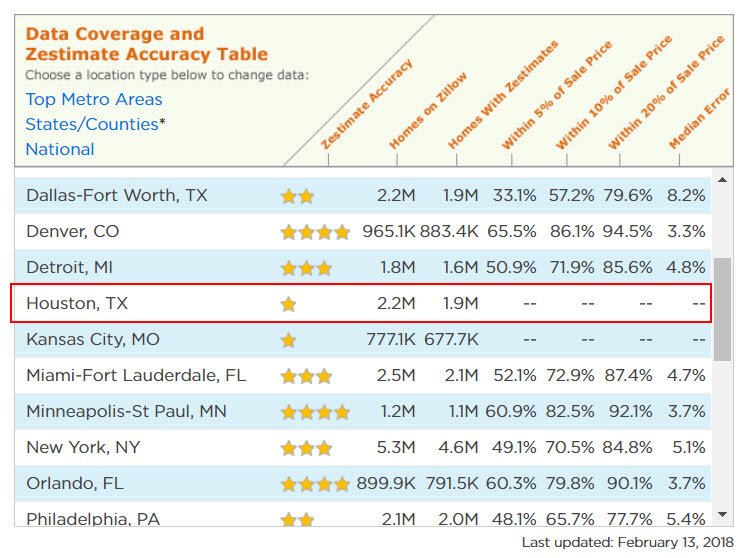
There is a method for doing a proper Comparative Market Analysis for a home that is similar to how a lender’s appraiser is going to determine a home’s value. Hire an experienced agent who knows what they are doing!
As your Buyer’s Agent, when you find a home you want to make an offer on, I do a complete CMA (Comparative Market Analysis) and provide you with the data that I have, to determine the realistic and accurate price for a home. This method is similar to how lender’s appraisers value a home. That way you don’t find yourself wasting a lot of time on a home that will not appraise for sales price.
Read more about “Buyer’s Agents”: The Agent Showing You Houses May Not Be Your Agent
Negotiating Price When It’s Too High
Often times a home is listed at a price that is considerably more than the CMA value. For example, a home that just hit the market may be listed at $550,000 and the CMA, which is based on comparable homes SOLD in the past six months) says it is only worth $500,000. But you, the Buyer, really want the house. What do you do? Well…
Neither the Buyer’s Agent or the Listing Agent can make a seller accept your reasonable offer. And if the house just hit the market, then it’s possible that the seller hasn’t “come to their senses” yet. Sometimes it takes time for a home seller to see that their home isn’t worth what they want for it. If the house sits on the market for months, then sellers either decide to lower the price (hopefully) or they take the home off the market, because they find out they can’t get what they want for it at the current time. (So they will wait.)
I have seen it time and again where a Buyer’s Agent shows the Listing Agent their data for the $500,000 offer and it doesn’t matter…until months go by. Then, eventually, the Seller finally sells the home at the price you offered (or lower)…after letting it sit on the market for 6 months. It is often the case that only TIME can motivate a seller to accept a reasonable offer.
So what do you do if you really want a house that is overpriced?
- Do you have time to wait? If so, give it a month or two and hope that another buyer doesn’t beat you to it. If you don’t have time to wait, then move on and find another home.
- Pay the higher price. Sometimes it is worth paying more for a house to get what you want, when you want it. And besides…paying a higher price helps raise the prices in the neighborhood…thereby increasing the value of your investment.
- Take a risk and offer the price the seller will accept while hoping the appraisal will come in low so you can renegotiate. Use the lender’s appraisal as your “checks and balances” for the price. This strategy can only work if you have the right to back out of the transaction if the appraisal comes in low.
Sometimes an appraisal comes in much higher than what a Buyer’s Agent thinks the house will appraise for. This may be because the market has changed in the 4-6 weeks between the time the agent did the CMA and the time the appraisal is done..and more homes sold in that time. Or sometimes it seems that appraisers choose odd “Comparables” to make the appraisal come in higher (or lower). You just never know what a lender’s appraiser will do when valuing a home.
Negotiating Tips for Buyers
Here are some tips to help with negotiations:
- Don’t let yourself “fall in love” with a house, making detailed plans for remodeling and decorating, before you have an executed contract. If you are emotionally attached to the home, then it will be harder for you to walk away from an over-priced home.
- Don’t expect to get a seller to go down substantially in price when the house has only been on the market for a few weeks. Be willing to pay a reasonable price instead of getting a “killer deal” on a house that just hit the market.
- Don’t low-ball a house in a HOT market when you may get in a competitive situation with other buyers. Be willing to pay a reasonable price (or slightly more) because other buyers will be willing to do so.
There is a funny saying in real estate: “You can’t fix stupid.” That’s just an irreverent way of saying that your Buyer’s Agent can’t prevent other buyers from overpaying for a home. Cash buyers commonly pay way too much for a home because they don’t have a lender’s appraisal holding them back. And you don’t know what the other buyer’s circumstances and motivation are…maybe they are too desperate to be conservative about price.
- Always consider your “next best alternative” when making pricing decisions. If you are desperate to get a home because you have to move in six weeks, and you have been looking for several months without finding anything else that you like, then be willing to pay more to get what you want. Likewise, if you are not being forced to move in a short-time frame, or you have seen lots of other homes that you like, then you can be “stricter” with the price you pay for a house.
- Do not take the CMA value of a home and then subtract from it all the cosmetic changes (paint, flooring, landscaping, pool, etc.) that you want to make to the home. It doesn’t work that way. Cosmetic items do not, generally, effect the value/price of a home.
- Remember that both CMAs and Appraisals are opinions of market value. If you have three different appraisers do an appraisal on the same home at the same time, you will probably end up with three, different values.
- Always remember that the price you pay effects the prices in the neighborhood where you are buying and investing. Driving too hard a bargain on your future home can have a negative impact on your home’s value too.
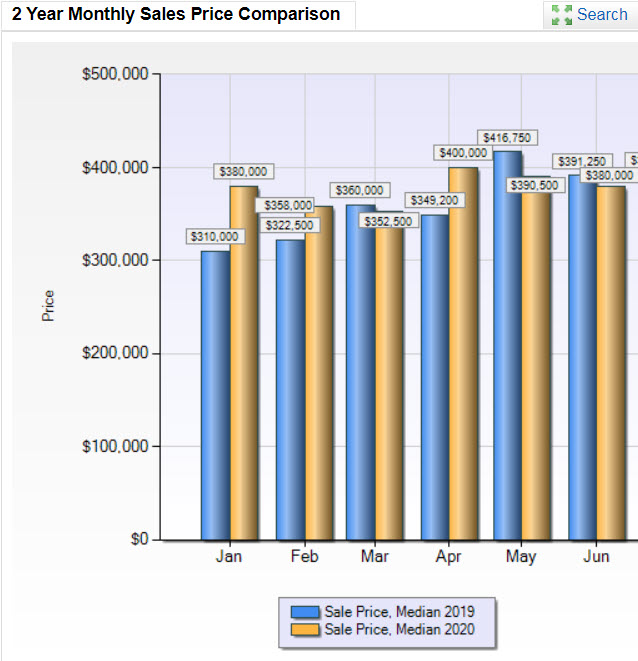

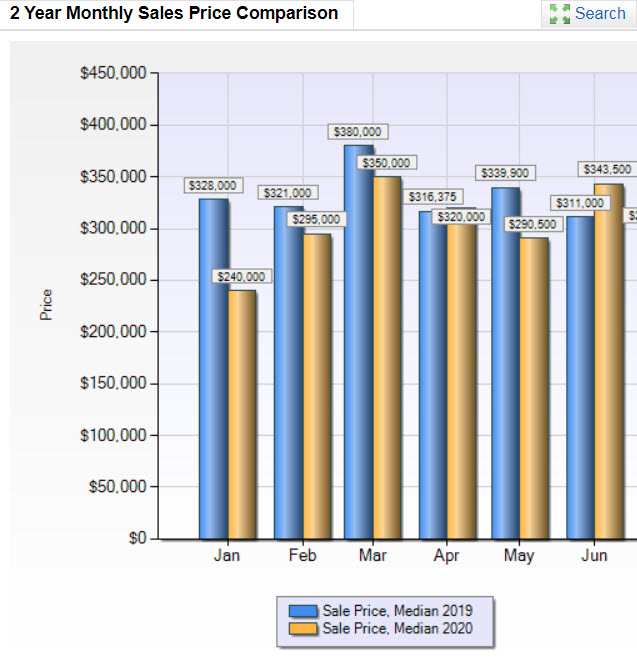

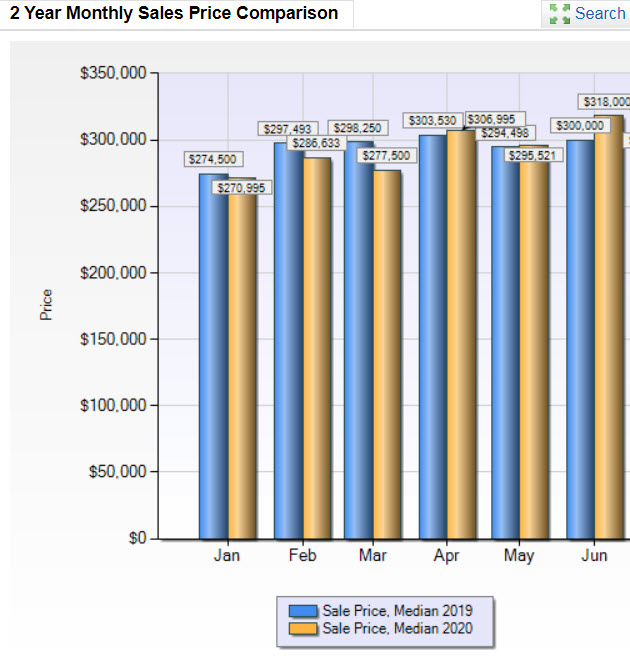

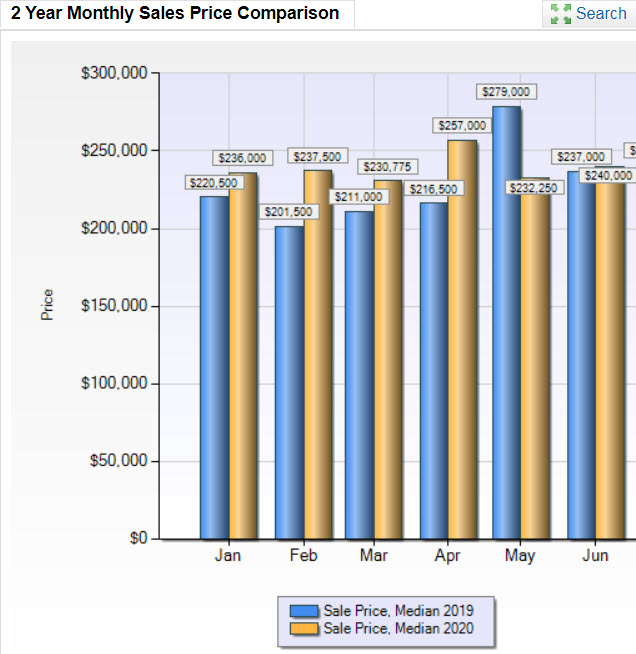

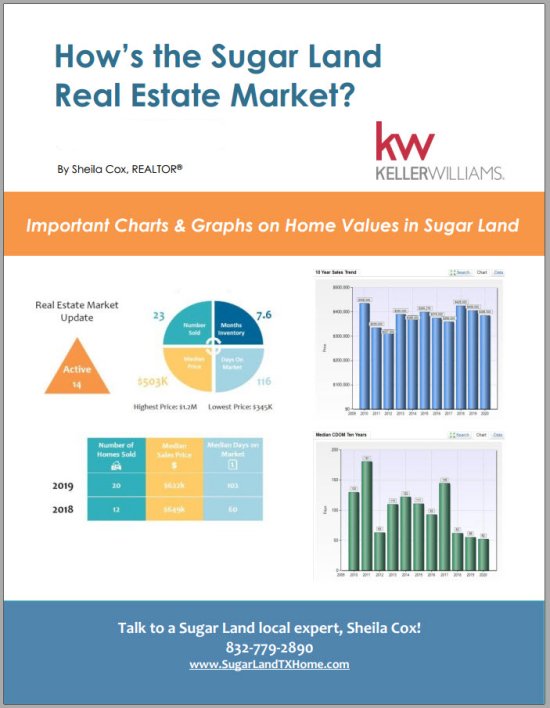

 One of the most important things you need to know: Get the home inspected by a licensed house inspector! Again…”new” doesn’t equal “perfect” and you need an expert to find all the things the builder missed (and give the inspection to the builder to fix what needs fixing). In fact, I have seen inspection reports on “brand new” never-lived-in homes that are longer (with more items to fix) than an older resale homes! And if you are building a home “from dirt” then you may want to hire an inspector who will inspect the home in various stages of completion: foundation, framing, wiring and plumbing, and then final.
One of the most important things you need to know: Get the home inspected by a licensed house inspector! Again…”new” doesn’t equal “perfect” and you need an expert to find all the things the builder missed (and give the inspection to the builder to fix what needs fixing). In fact, I have seen inspection reports on “brand new” never-lived-in homes that are longer (with more items to fix) than an older resale homes! And if you are building a home “from dirt” then you may want to hire an inspector who will inspect the home in various stages of completion: foundation, framing, wiring and plumbing, and then final.

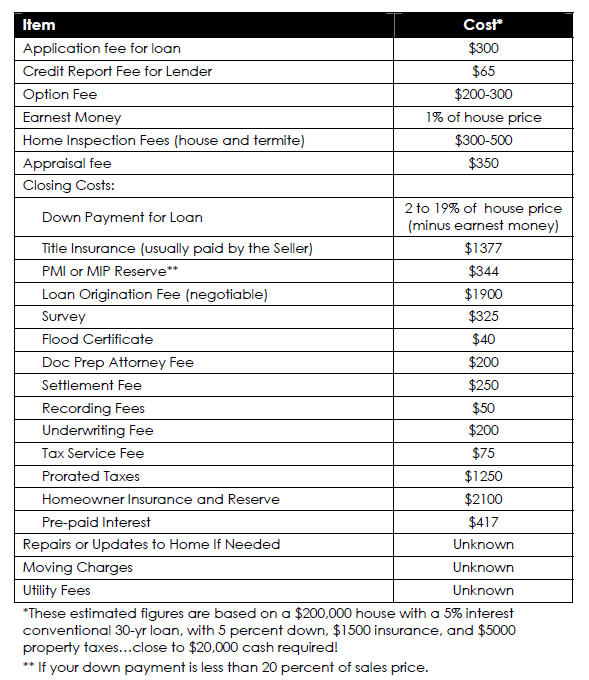



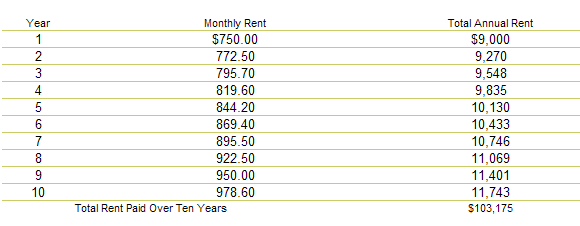



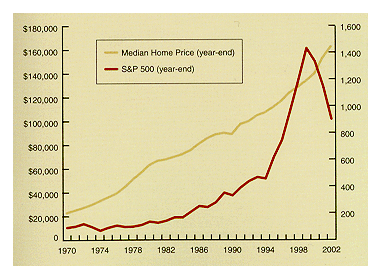

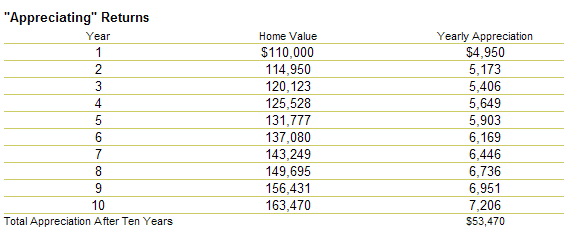

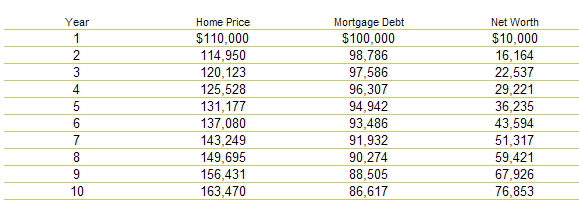

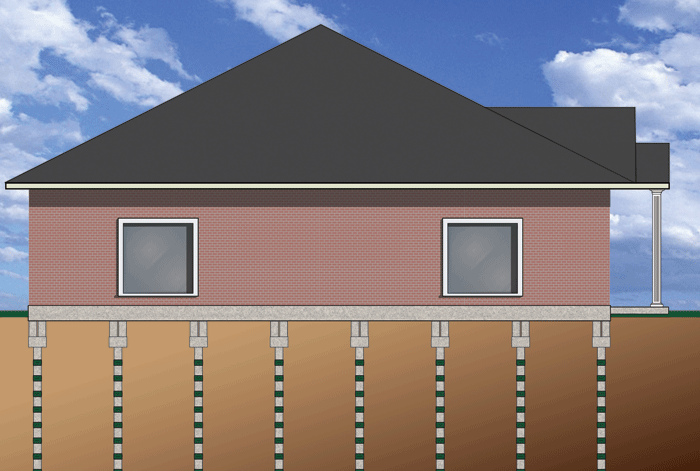
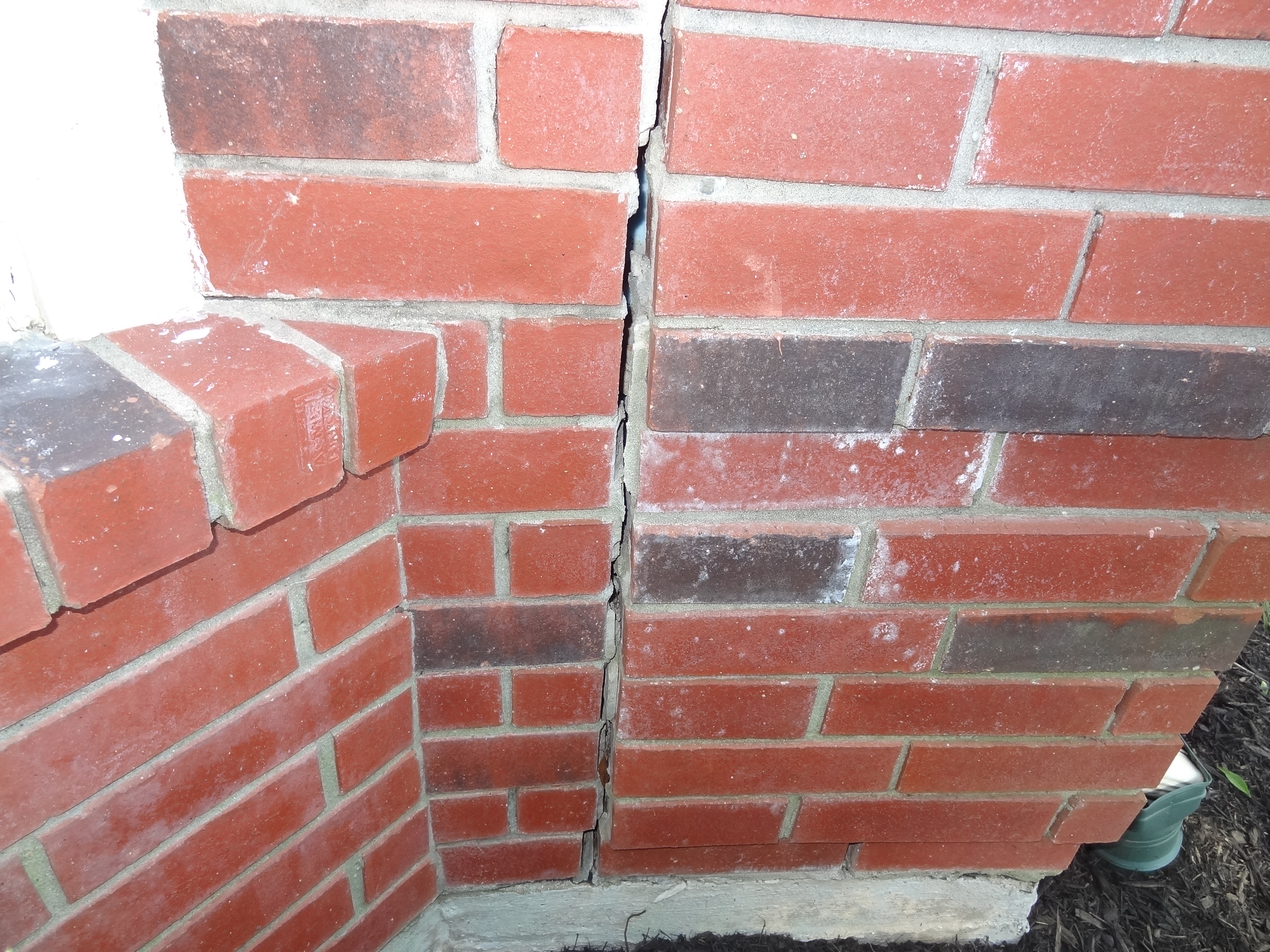
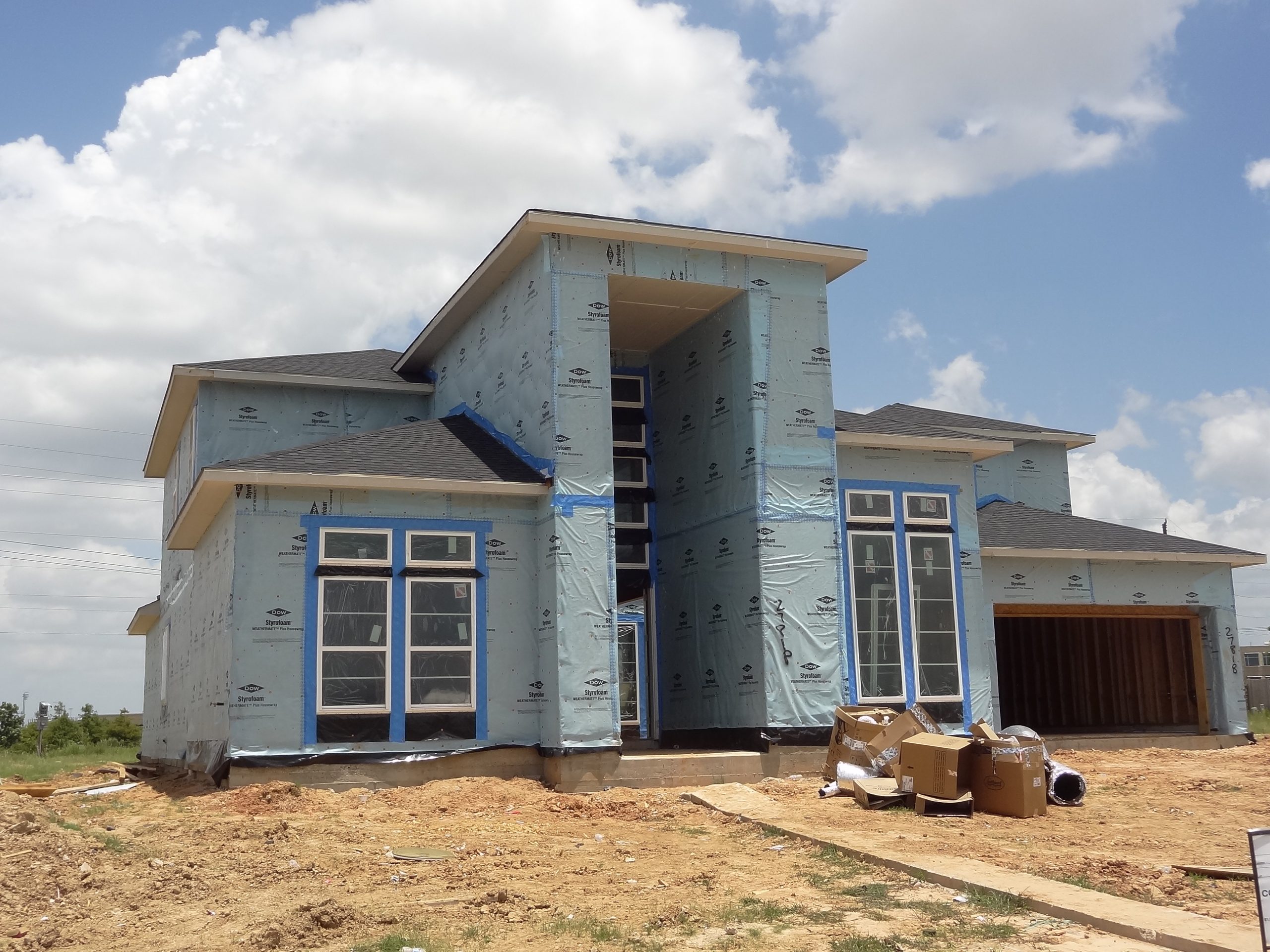
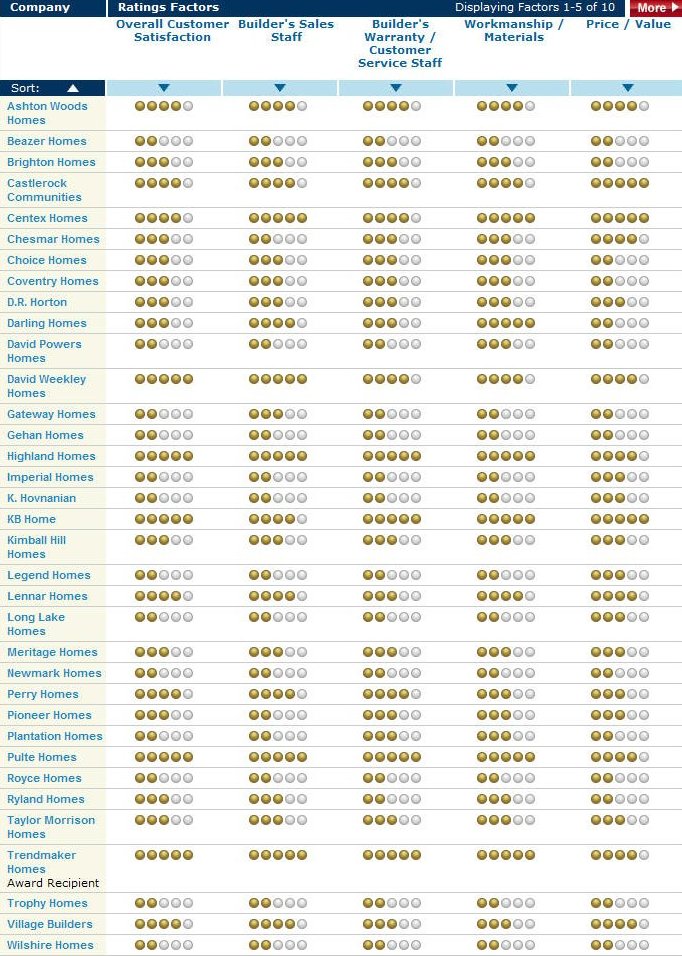
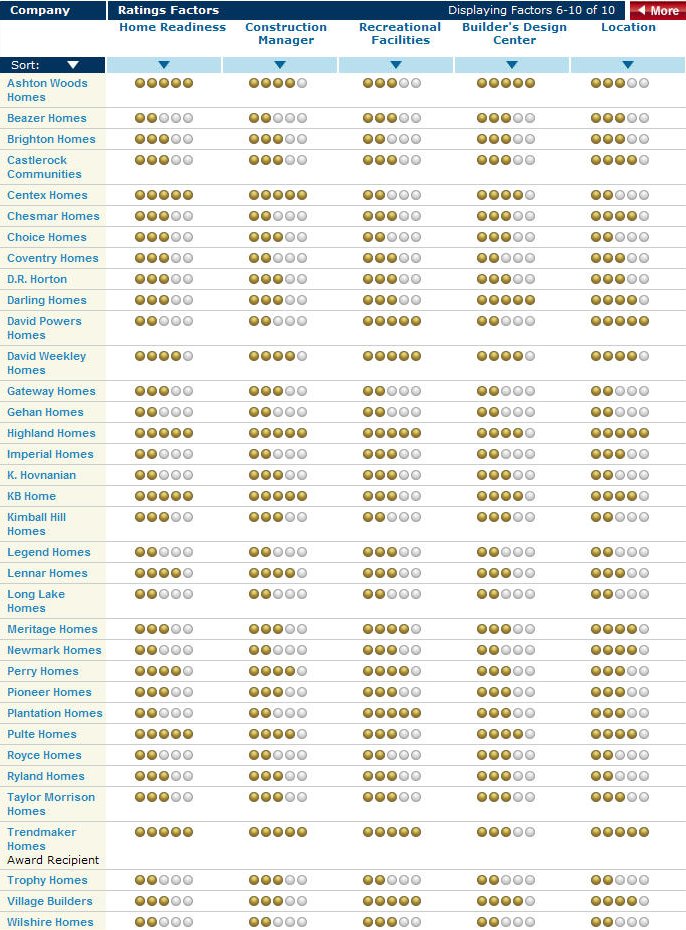





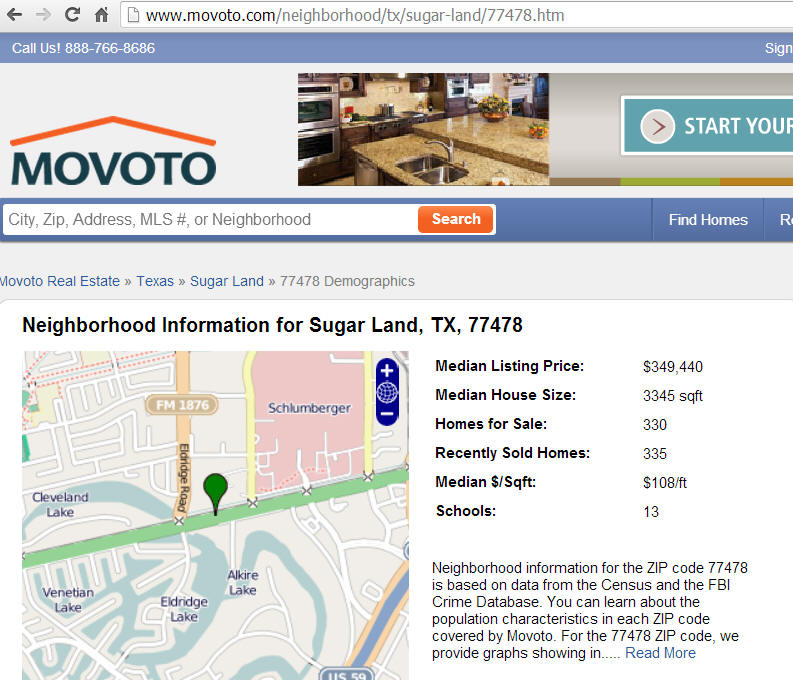

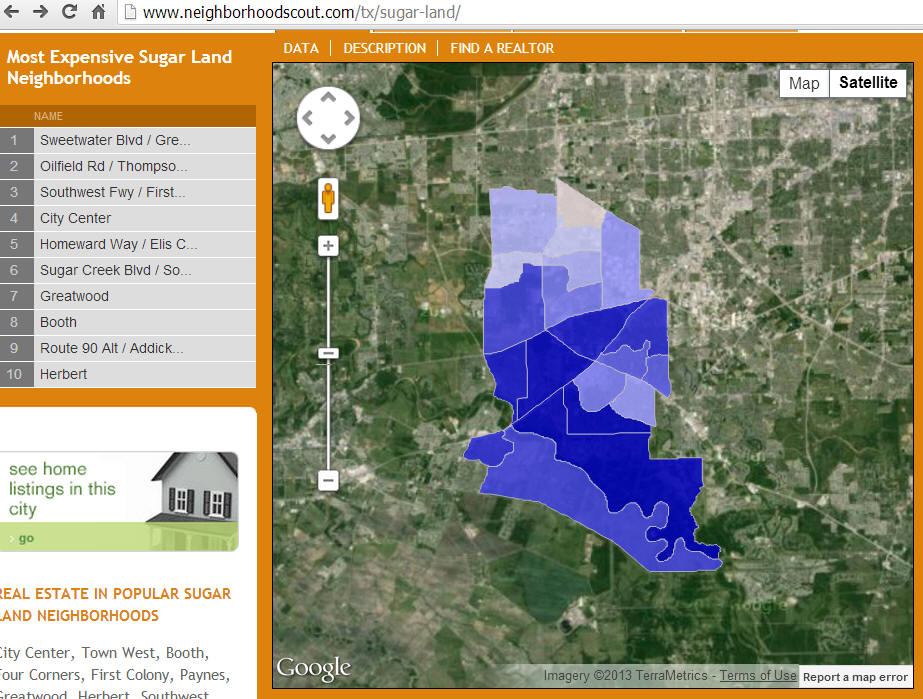
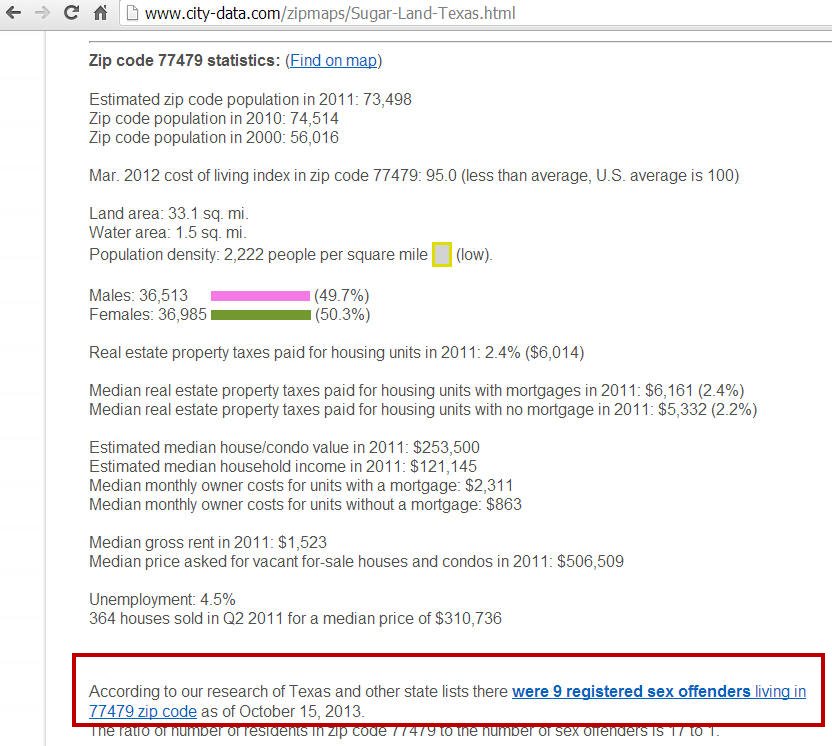
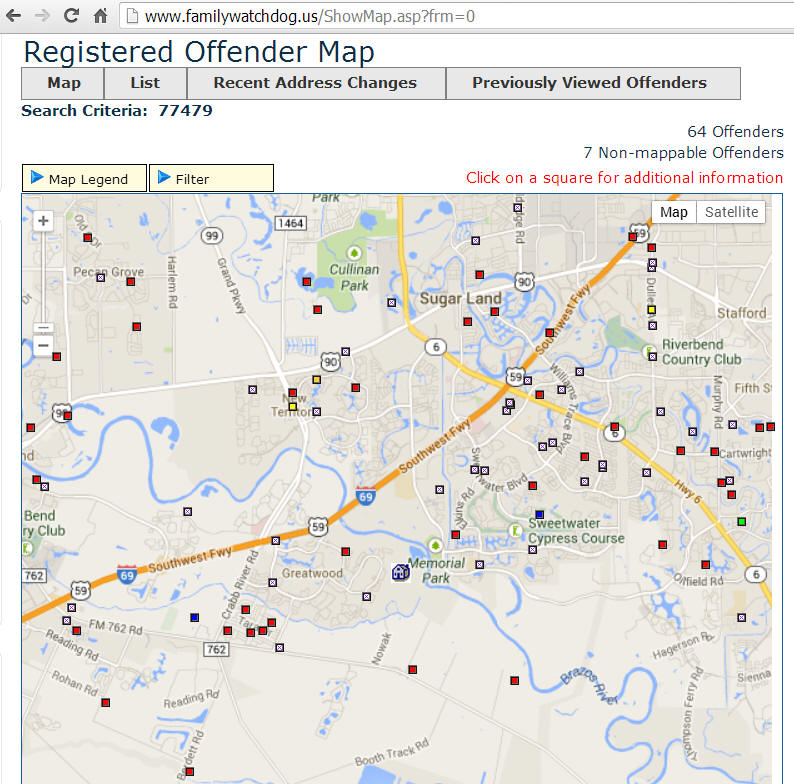
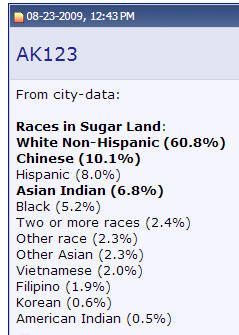

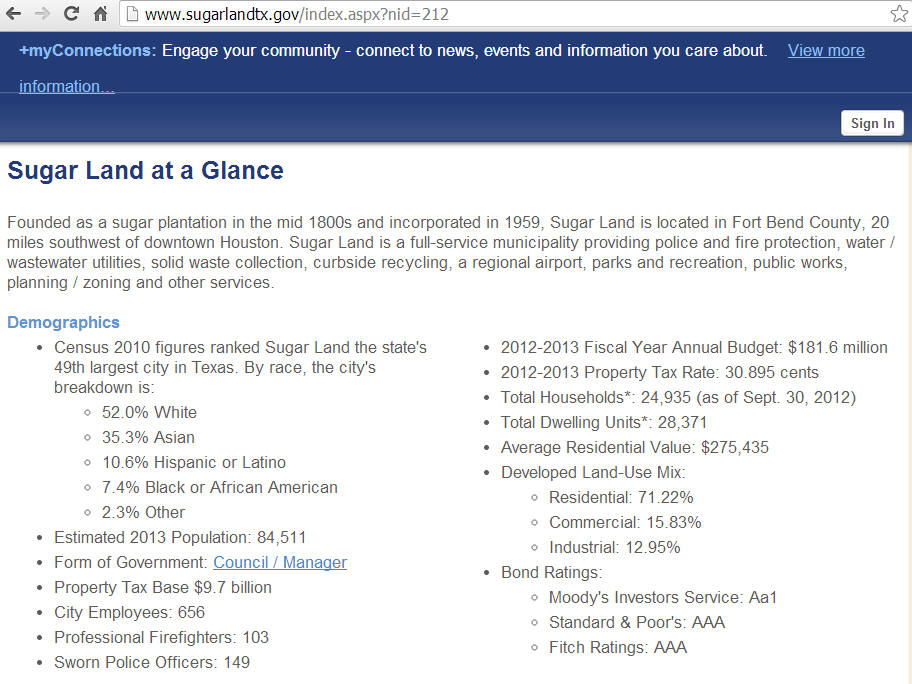
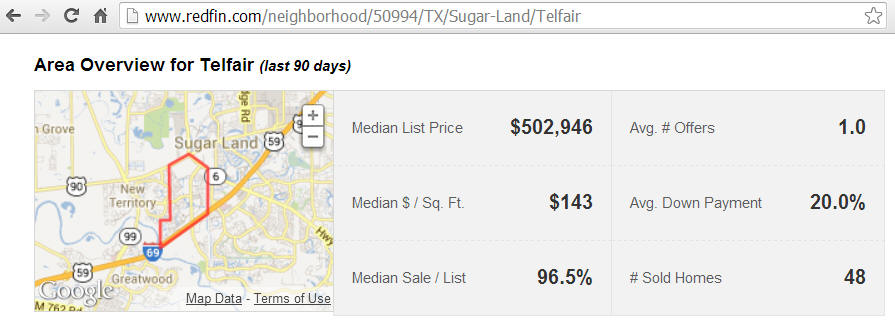





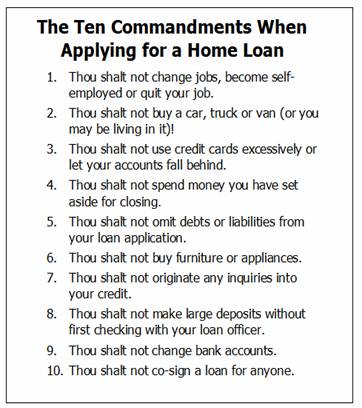 Applying for a home loan these days is not for the “weak at heart”! It is a pain-in-the-neck process no matter how much money you have or which lender you choose. So mentally prepare yourself for a hassle, and you won’t be disappointed. ;-D
Applying for a home loan these days is not for the “weak at heart”! It is a pain-in-the-neck process no matter how much money you have or which lender you choose. So mentally prepare yourself for a hassle, and you won’t be disappointed. ;-D
